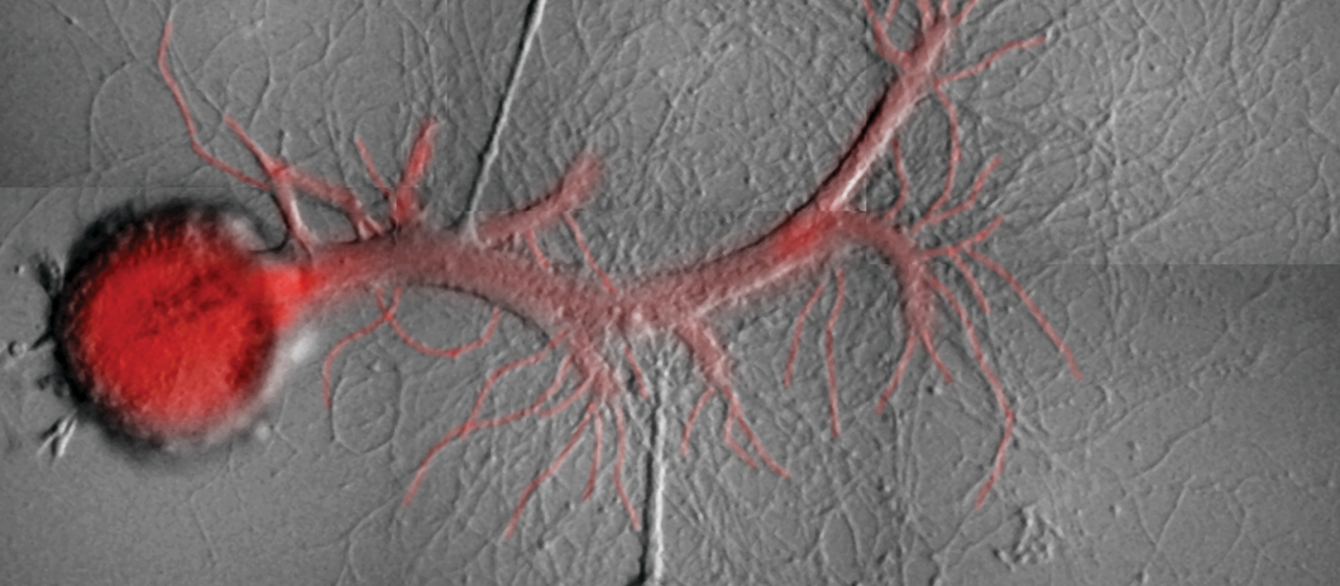Can we erase painful memories while keeping others intact?

At Columbia University Irving Medical Center (CUIMC) and McGill University, a new study found that different memory types stored in the same neuron of the marine snail Aplysia can be erased. This finding suggests drugs may soon be developed that delete memories triggering anxiety and post-traumatic stress disorder (PTSD) without affecting other important memories.
During traumatic events, several memories can be encoded, including incidental details of the event. Yet these details can still trigger anxiety. “If you are walking in a high-crime area and you take a shortcut through a dark alley and get mugged, and then you happen to see a mailbox nearby, you might get really nervous when you want to mail something later on,” says Samuel Schacher, professor of neuroscience at CUIMC.
Fear of dark alleys is an associative memory; it gives you important information—avoid dark alleys. Fear of mailboxes is an incidental, non-associative memory. Researchers are trying to isolate such non-associative memories without harming associative memories that help us make informed decisions.
Columbia researchers found that one form of a protein kinase M (PKM) molecule strengthened the snail’s associative memory, while another form strengthened non-associative memory. In blocking one of the PKM molecules, each memory—associative and non-associative—could be erased without affecting the other. Learn more.
Make Your Commitment Today




